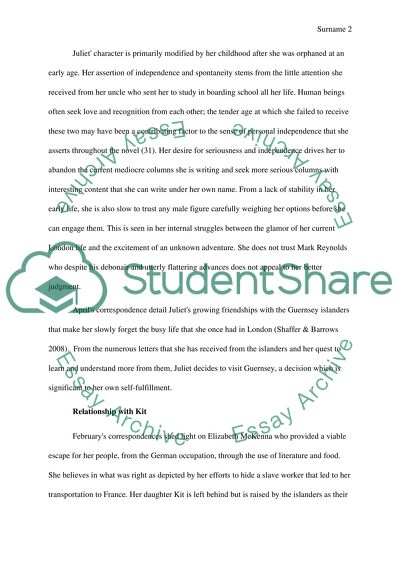Cite this document
(“The Guernsey Literary and Potato Peel Pie Society: Psychoanalytical Essay”, n.d.)
The Guernsey Literary and Potato Peel Pie Society: Psychoanalytical Essay. Retrieved from https://studentshare.org/literature/1462925-the-guernsey-literary-and-potato-peel-pie-society
The Guernsey Literary and Potato Peel Pie Society: Psychoanalytical Essay. Retrieved from https://studentshare.org/literature/1462925-the-guernsey-literary-and-potato-peel-pie-society
(The Guernsey Literary and Potato Peel Pie Society: Psychoanalytical Essay)
The Guernsey Literary and Potato Peel Pie Society: Psychoanalytical Essay. https://studentshare.org/literature/1462925-the-guernsey-literary-and-potato-peel-pie-society.
The Guernsey Literary and Potato Peel Pie Society: Psychoanalytical Essay. https://studentshare.org/literature/1462925-the-guernsey-literary-and-potato-peel-pie-society.
“The Guernsey Literary and Potato Peel Pie Society: Psychoanalytical Essay”, n.d. https://studentshare.org/literature/1462925-the-guernsey-literary-and-potato-peel-pie-society.


